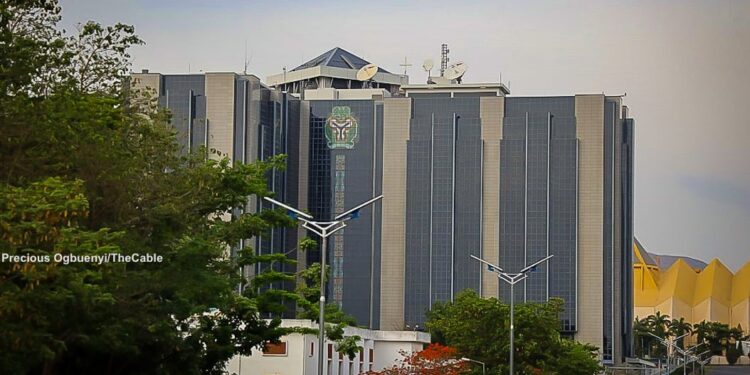Fresh figures from the Central Bank of Nigeria (CBN) have revealed a worrying increase in the nation’s food import bill, deepening concerns over Nigeria’s growing dependence on foreign food sources. Between April 2024 and March 2025, the country spent $2.39 billion on food imports—an 11.6 per cent jump from the previous year’s $2.14 billion.
The report paints a picture that should trouble policymakers. For years, the government has promised to strengthen local agriculture and reduce food imports, yet the latest data show that Nigeria’s dependence on imported items keeps expanding. With rising inflation, insecurity in farming areas, and the naira’s weak exchange rate, the promise of food self-sufficiency appears to be slipping away.
The Cost of Dependence
This steady rise in import spending highlights how Nigeria’s agricultural policies are struggling to deliver results. Despite massive interventions such as the Anchor Borrowers’ Programme and various credit schemes, local farmers continue to face challenges, ranging from insecurity to high input costs and poor infrastructure.

The CBN data exposing Nigeria’s dependence on foreign food reflects more than just economic pressure; it underscores a deeper issue of productivity failure. In 2024 alone, import payments surged sharply, peaking at $275 million in August—the highest in a single month that year.
The country’s reliance on imported wheat, rice, sugar, and processed foods continues to undermine local capacity. As food import payments rise, foreign reserves take the hit, and the naira weakens further.
Hunger Deepens Across the Country
While billions are spent on foreign food, millions of Nigerians face worsening hunger. The International Federation of Red Cross and Red Crescent Societies recently reported a “worsening nutrition emergency” across Borno, Adamawa, and Yobe states.
Malnutrition rates have climbed among children under five, driven by conflict, displacement, and food scarcity.
This situation exposes the painful irony: the more Nigeria spends abroad, the less its citizens can afford to eat at home. A nation that once aimed to feed the continent now struggles to feed its own.
The CBN’s Position
The CBN has warned repeatedly that the country must address its dependence on foreign food if it wants to stabilise the economy. The apex bank argues that import substitution remains key to long-term growth.
“The economic stability engendered by the reforms implemented so far must be supported by reinstating Nigeria’s import substitution strategies,” the CBN said in July. “Boosting industrial productivity across sectors will help lift the economy onto a higher growth path.”
Still, that stability seems far away. The CBN data showing Nigeria’s food dependence suggests that even with monetary reforms, the structural weaknesses in agriculture persist. Without large-scale investments in irrigation, storage, and transport, the cost of imported food will keep climbing.
Why It Matters
The implications are clear. Heavy import dependence makes the economy vulnerable to foreign shocks. A surge in global food prices immediately worsens domestic inflation. The growing food import bill also puts pressure on foreign exchange reserves, leaving less money for critical infrastructure and health.
If the government fails to reverse the trend, Nigeria could face a dual crisis: hunger at home and unsustainable debt abroad.
Beyond Numbers: A National Warning
The CBN data exposing Nigeria’s growing reliance on foreign food is not just an economic report, it’s a warning. Each dollar spent importing food reflects the failure of local systems meant to produce it.
Until insecurity in farming regions is tackled and local farmers are supported with access to credit, mechanisation, and storage, the dependence will only worsen.
In the end, this is not simply about trade or statistics. It’s about national identity and survival. A country that cannot feed itself cannot claim real independence.

















